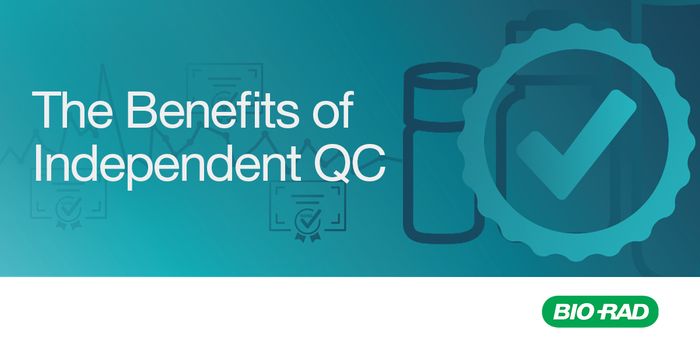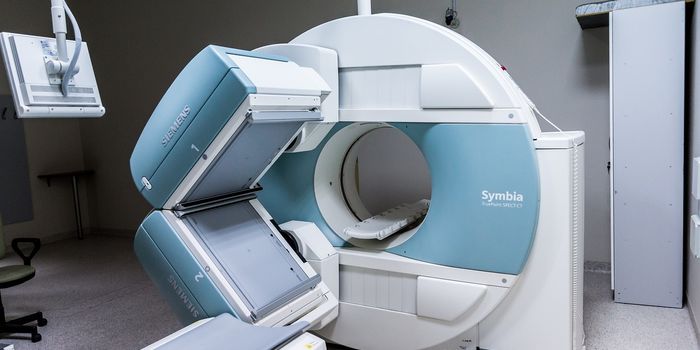A Better Drug than Statin at Reducing Cholesterol?
A new drug may drastically cut cholesterol levels so significantly that doctors say it can help thwart some of the biggest killers in the world: heart attacks and strokes.
The drug is known as evolocumab (trade name Repatha). It is an antibody that allows more LDL receptors to be present on the surface of liver cells. This has the effect of increasing the body’s ability to remove more of the “bad” cholesterol from the bloodstream.
Why is having low cholesterol so important? High cholesterol is a risk factor for heart disease, which is the leading cause of death in both men and women. It’s estimated that cholesterol-related factors lead to 15 million fatal heart attacks and strokes every year.
Traditionally, to help patients for whom diet and lifestyle changes aren’t quite enough, doctors often prescribe statins, formally known as HMG-CoA reductase inhibitors. As its name suggests, statins work to lower cholesterol by blocking a key enzyme, HMG-CoA reductase, which has a central role in the production of cholesterol.
But, while statins are ubiquitous for cholesterol control, researchers say the evolocumab antibody approach works significantly better.
"It is much more effective than statins," said Dr. Peter Sever, from Imperial College London, who collaborated on a large international trial of 27,000 patients with this drug. "The end result was cholesterol levels came down and down and down and we've seen cholesterol levels lower than we have ever seen before in the practice of medicine."
"[Patients] would have another 20% reduction in risk and that is a big effect. It is probably the most important trial result of a cholesterol lowering drug in over 20 years,” explained Dr. Sever.
Of note, the trial did not follow patients for an extended period of time; the average follow-up period was 2.2 years. Therefore, other researchers caution that the long-term life-saving benefits of this drug still need to be explored.
Furthermore, evolocumab may not be enough to replace statins altogether, as researchers observed synergistic effects when the two drug types were combined. “There are an awful lot of people with really quite high cholesterol out there and we'll probably need more than one drug to get their levels down,” said Dr. Server.
Additional sources: New England Journal of Medicine, BBC









